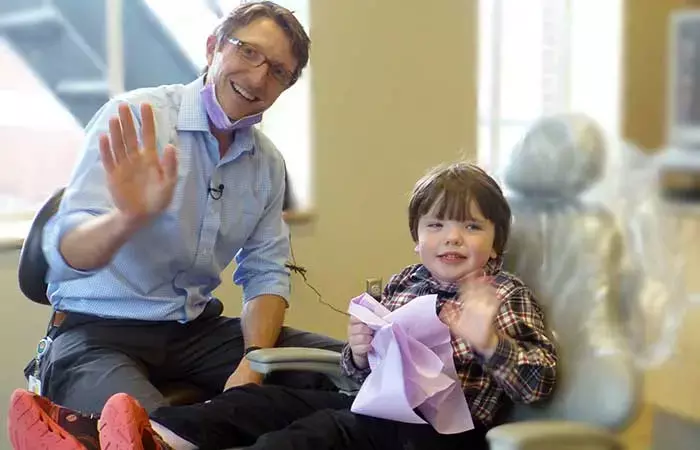- Home
- Medical news & Guidelines
- Anesthesiology
- Cardiology and CTVS
- Critical Care
- Dentistry
- Dermatology
- Diabetes and Endocrinology
- ENT
- Gastroenterology
- Medicine
- Nephrology
- Neurology
- Obstretics-Gynaecology
- Oncology
- Ophthalmology
- Orthopaedics
- Pediatrics-Neonatology
- Psychiatry
- Pulmonology
- Radiology
- Surgery
- Urology
- Laboratory Medicine
- Diet
- Nursing
- Paramedical
- Physiotherapy
- Health news
- Fact Check
- Bone Health Fact Check
- Brain Health Fact Check
- Cancer Related Fact Check
- Child Care Fact Check
- Dental and oral health fact check
- Diabetes and metabolic health fact check
- Diet and Nutrition Fact Check
- Eye and ENT Care Fact Check
- Fitness fact check
- Gut health fact check
- Heart health fact check
- Kidney health fact check
- Medical education fact check
- Men's health fact check
- Respiratory fact check
- Skin and hair care fact check
- Vaccine and Immunization fact check
- Women's health fact check
- AYUSH
- State News
- Andaman and Nicobar Islands
- Andhra Pradesh
- Arunachal Pradesh
- Assam
- Bihar
- Chandigarh
- Chattisgarh
- Dadra and Nagar Haveli
- Daman and Diu
- Delhi
- Goa
- Gujarat
- Haryana
- Himachal Pradesh
- Jammu & Kashmir
- Jharkhand
- Karnataka
- Kerala
- Ladakh
- Lakshadweep
- Madhya Pradesh
- Maharashtra
- Manipur
- Meghalaya
- Mizoram
- Nagaland
- Odisha
- Puducherry
- Punjab
- Rajasthan
- Sikkim
- Tamil Nadu
- Telangana
- Tripura
- Uttar Pradesh
- Uttrakhand
- West Bengal
- Medical Education
- Industry
Additional support can improve perspective of dentists to treat patients with special needs: Study

Additional support may improve the willingness of oral health professionals in the public dental system to treat patients with special needs, according to recent study published in the Australian Dental Journal
In clinical diagnostic and functional development, special needs (or additional needs) refers to individuals who require assistance for disabilities that may be medical, mental, or psychological. Guidelines for clinical diagnosis are given in both the Diagnostic and Statistical Manual of Mental Disorders and the International Classification of Diseases 9th edition.
People with special health care needs continue to have difficulties accessing regular dental care partly due to oral health professionals feeling they lack the knowledge and experience to provide treatment to these individuals.
Qualitative interviews and focus groups provided an insight into the types and nature of supports that oral health professionals working in the Australian public dental system desired and felt may improve their willingness and/or ability to treat patients with special needs.
The Results of the study are:
Although participants did not identify one group of patients with special needs that were more difficult to treat, they did report a feeling of being unsupported. Clinicians felt that improved training and access to ongoing education in Special Needs Dentistry, opportunities for greater support from specialists or other health professionals, either through networking or other media such as telehealth, and fostering a more supportive clinical environment, particularly in relation to appointment lengths and productivity pressures, may improve their willingness and ability to treat patients with special needs.
Thus, the researchers concluded that additional support, in the form of greater interaction with specialists and reduced time and productivity pressures, may improve the willingness of oral health professionals in the public dental system to treat patients with special needs
Reference:
Perspectives of the public dental workforce on the dental management of people with special needs by MAWT Lim et al. published in the Australian Dental Journal
https://onlinelibrary.wiley.com/doi/abs/10.1111/adj.12836
Dr. Shravani Dali has completed her BDS from Pravara institute of medical sciences, loni. Following which she extensively worked in the healthcare sector for 2+ years. She has been actively involved in writing blogs in field of health and wellness. Currently she is pursuing her Masters of public health-health administration from Tata institute of social sciences. She can be contacted at editorial@medicaldialogues.in.
Dr Kamal Kant Kohli-MBBS, DTCD- a chest specialist with more than 30 years of practice and a flair for writing clinical articles, Dr Kamal Kant Kohli joined Medical Dialogues as a Chief Editor of Medical News. Besides writing articles, as an editor, he proofreads and verifies all the medical content published on Medical Dialogues including those coming from journals, studies,medical conferences,guidelines etc. Email: drkohli@medicaldialogues.in. Contact no. 011-43720751


